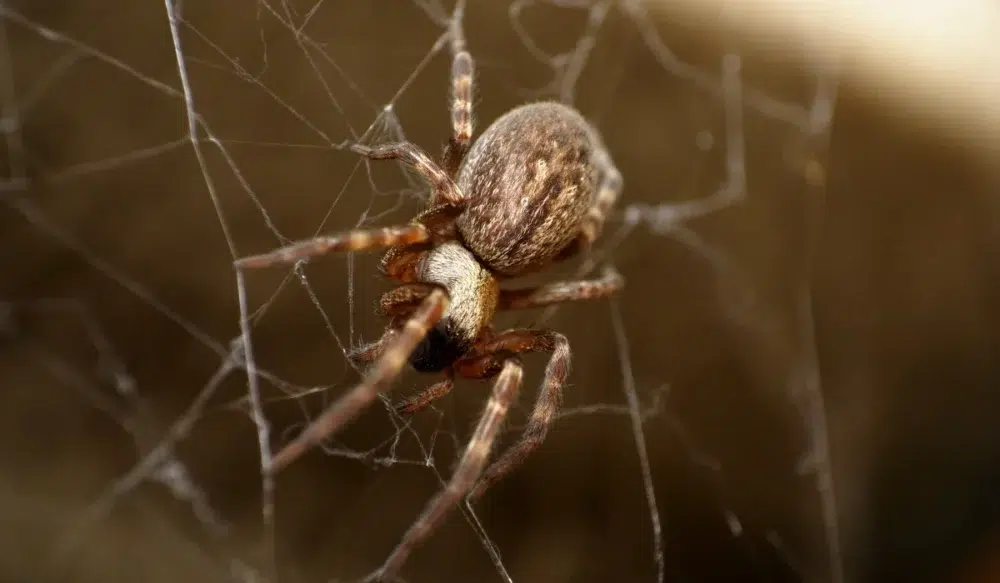Mosquito bites in Phoenix are a fact of life. Sooner or later, everyone gets bit by one of these flying bloodsuckers. But why do those bites itch so much? And why do mosquitoes in Phoenix bite in the first place?
About Mosquitoes
Mosquitoes have been around since the time of the dinosaurs, and their penchant for sipping blood hasn’t changed in the millions of years since they first appeared. There are thousands of different mosquito species in the world, found breeding around areas of stagnant water like ponds, swamps, and neglected swimming pools. They feed on a wide variety of animals, with certain species preferring to prey on birds, reptiles, or mammals. The average mosquito is about ½ inch long, although some may be smaller or larger.
While male mosquitoes are content to slurp up nectar and sap, female mosquitoes need something more substantial. It’s only female mosquitoes that bite. The blood they consume is dense with amino acids and other essential nutrients, which provides them with the proper sustenance required to successfully lay their eggs.
What Happens When A Mosquito Bites?
Once mosquitoes have found a suitable victim, they’ll eagerly drink up all the blood they can. Using a special elongated mouthpart called a “proboscis,” female mosquitoes pierce the skin like a straw into a smoothie. In the process of feeding, mosquitoes inject their saliva into your blood, which has several purposes.
First, mosquito saliva is an anticoagulant, preventing blood from clotting as they drink. Their saliva also acts as a mild anesthetic, which is why you can’t feel it when a mosquito initially bites you. It’s also this saliva that causes mosquito bites to itch. The saliva provokes an allergic reaction, causing redness and swelling at the site of injection. Reactions vary from person to person, giving some huge welts and others only small bumps. But unfortunately, worse things can happen when a mosquito bites you.
How Dangerous Are Mosquitoes?
Mosquitoes are popularly considered to be the deadliest animal on the planet. No, they can’t stalk their prey with the ferocity and power of the planet’s top predators, but mosquito-borne illnesses are responsible for an estimated one million deaths annually.
While most mosquito-borne illnesses are highly treatable in the U.S., they should still be taken as a serious threat to your health. From West Nile virus to malaria to yellow fever, there is no shortage of diseases that mosquitoes can spread. Not every mosquito is necessarily infected with deadly pathogens, but exercising caution is always the best option.
How To Prevent Mosquitoes
Mosquitoes are highly mobile and come and go as they please, which makes eliminating them especially difficult. But with the right approach, you can prevent mosquitoes from biting:
- Address standing water – Check around your property for any buckets, pots, or basins that have collected water and dump them out. Fill in any large puddles with soil or gravel.
- Reduce hiding spots – Simply mowing your lawn and trimming your hedges can reduce the number of hiding spots attractive to mosquitoes.
- Wear light colors – When outdoors, wear light-colored clothing. When given the choice, mosquitoes prefer to attack people wearing darker colors.
- Stay indoors at dusk and dawn – Mosquitoes are most active when the sun rises and before it sets. Try to plan your outdoor activities to avoid these times of the day.
The best thing you can do to prevent mosquito bites on your Phoenix property is to enlist Green Home Pest Control for mosquito control services. We’ll perform a thorough inspection of your property, help to correct the environmental factors contributing to mosquito breeding and eliminate your mosquitoes with our industry-leading In2Care Mosquito Trap System. Contact us today to learn more!



